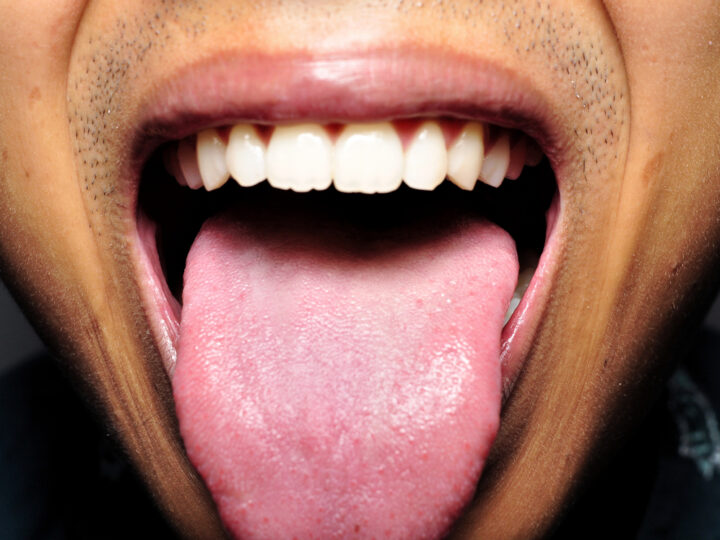ANXIETY & DEPRESSION
A Holistic TCM Approach

In recent years, the prevalence of depression and anxiety has risen significantly, sparking increased awareness and discussion. While Western medicine offers valuable treatments, many individuals seek holistic and complementary approaches to alleviate these conditions. Traditional Chinese Medicine (TCM) offers a unique perspective and a rich array of therapies that can be used alone or in conjunction with Western treatments to address depression and anxiety. In this article, we’ll explore the TCM viewpoint on these disorders and provide insights into how individuals can integrate TCM practices into their existing treatment plans.
Depression and Anxiety in Traditional Chinese Medicine
 In TCM, health is seen as a balance of vital energy or Qi, harmony between the body’s organ systems, and the free flow of energy along meridians or pathways. When depression and anxiety manifest, it’s often considered a disharmony within the body’s systems. TCM attributes these conditions to imbalances, which can be caused by various factors such as emotional stress, diet, lifestyle, or environmental influences.
In TCM, health is seen as a balance of vital energy or Qi, harmony between the body’s organ systems, and the free flow of energy along meridians or pathways. When depression and anxiety manifest, it’s often considered a disharmony within the body’s systems. TCM attributes these conditions to imbalances, which can be caused by various factors such as emotional stress, diet, lifestyle, or environmental influences.
Key Principles of TCM for Depression and Anxiety:
- Qi and Blood: TCM emphasizes the importance of maintaining the free flow of Qi and blood throughout the body. Stagnation or deficiency in either can lead to emotional disturbances.
- Liver Qi Stagnation: The liver is closely associated with the smooth flow of emotions. When liver Qi becomes stagnant, emotional stress and frustration can manifest.
- Spleen Deficiency: Weakness in the spleen can lead to overthinking, worry, and rumination, contributing to anxiety.
- Heart Imbalances: The heart is considered the emperor of the body in TCM. Imbalances in the heart can lead to conditions like anxiety and insomnia.
TCM Approaches to Depression and Anxiety:
 Acupuncture: Acupuncture involves the insertion of fine needles into specific points on the body to stimulate Qi flow. It can help alleviate anxiety and depression by promoting relaxation and reducing stress.
Acupuncture: Acupuncture involves the insertion of fine needles into specific points on the body to stimulate Qi flow. It can help alleviate anxiety and depression by promoting relaxation and reducing stress.- Herbal Medicine: TCM often employs herbal remedies that are tailored to individual imbalances. Herbs like St. John’s Wort, Rhodiola, and Schisandra are known to support emotional well-being.
- Dietary Therapy: Nutrition plays a crucial role in TCM. Foods that nourish the spleen and liver, such as whole grains, leafy greens, and berries, are recommended for individuals with anxiety and depression.
- Mind-Body Practices: Practices like Tai Chi and Qigong combine movement, meditation, and deep breathing to promote balance and reduce stress.
- Cupping Therapy: Cupping involves creating a vacuum with cups on the skin’s surface, promoting blood circulation and relieving tension. It’s often used to alleviate emotional distress.
- Meditation and Breathing Exercises: TCM emphasizes the mind-body connection. Practices like meditation and deep breathing exercises are used to calm the mind and ease emotional turmoil.
Integrating TCM with Western Medicine:
Many individuals find success in combining Western and TCM approaches to manage depression and anxiety. Here are some tips for integrating these complementary practices:
- Consult Healthcare Providers: Always consult your healthcare provider when considering TCM treatments alongside Western therapies. They can provide guidance on safe and effective combinations.
- Communication: Ensure your Western and TCM practitioners are aware of your full treatment plan. Open communication is crucial for your holistic well-being.
- Personalized Approach: Work with a qualified TCM practitioner who can tailor treatments to your specific imbalances and symptoms. Personalization is a cornerstone of TCM.
- Lifestyle Considerations: Adopt TCM lifestyle recommendations, such as dietary changes, exercise, and stress management, to support your overall well-being.
- Monitoring: Regularly monitor your progress and be prepared to adjust your treatment plan as needed.
Depression and anxiety are complex conditions that can be approached from various angles. Traditional Chinese Medicine provides a holistic perspective that addresses the underlying imbalances contributing to these disorders. By integrating TCM practices with Western treatments and seeking guidance from qualified practitioners, individuals can create a comprehensive and personalized approach to managing depression and anxiety. This approach not only addresses symptoms but also promotes overall well-being, encouraging balance and harmony in the body and mind.
Newer
Holistic Healing: TCM's Advanced Approach to Mental Well-being
Older
The Foundation of Gut Health: Eastern Medicine's Comprehensive Herbal Formula Recommendations
Comments (0)
Leave a reply
You must be logged in to post a comment.




